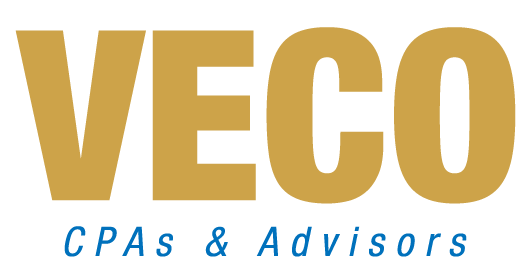For households with an annual income of $500,000 or more in Washington DC, strategic tax planning goes beyond standard practices. In this guide, we’ll explore advanced tax strategies tailored for high-income individuals and households in the nation’s capital, offering insights to optimize tax efficiency and preserve wealth.
**Optimizing Tax Efficiency Across Income Streams:**
With a substantial income, optimizing tax efficiency becomes paramount. This section will explore advanced strategies for managing income from diverse sources, including investments, real estate, business ownership, and executive compensation, while minimizing tax liabilities.
**Navigating Complex Investment Taxation:**
High-income households often have significant investments, each with its own tax implications. Dive into advanced investment tax strategies, such as tax-loss harvesting, asset location optimization, and tax-efficient portfolio management to enhance after-tax returns.
**Leveraging Tax-Advantaged Accounts:**
Explore sophisticated approaches to maximize the benefits of tax-advantaged accounts, including retirement accounts, Health Savings Accounts (HSAs), and 529 plans. Discover how strategic contributions and withdrawals can contribute to long-term tax efficiency.
**Advanced Estate and Gift Tax Planning:**
For high-income households, estate and gift tax planning is a critical aspect of wealth preservation. Learn about advanced techniques, such as dynasty trusts, GRATs (Grantor Retained Annuity Trusts), and valuation discounts, to minimize estate taxes and efficiently transfer wealth.
**Strategies for Executive Compensation:**
Individuals with high incomes often receive executive compensation packages that come with unique tax considerations. This section will explore advanced strategies for managing executive compensation, including stock options, restricted stock units, and deferred compensation.
**Sophisticated Charitable Giving Strategies:**
High-income households engaged in philanthropy can benefit from advanced charitable giving strategies. Explore techniques like charitable remainder trusts, charitable lead trusts, and donor-advised funds to enhance the impact of charitable contributions while optimizing tax outcomes.
**Tax-Efficient Real Estate Planning:**
For those with significant real estate holdings, advanced tax planning strategies can contribute to enhanced tax efficiency. Learn about techniques such as 1031 exchanges, cost segregation, and tax-deferred real estate transactions.
**Mitigating Alternative Minimum Tax (AMT):**
High-income individuals are susceptible to the Alternative Minimum Tax (AMT). Discover advanced strategies to mitigate the impact of AMT, including careful planning of deductions, credits, and income recognition to minimize tax liability.
**Collaborating with Specialized Tax Professionals:**
Given the complexity of advanced tax planning, collaborating with specialized tax professionals is indispensable. This section will emphasize the importance of working with experienced professionals who understand the intricacies of tax strategies for high-income households in Washington DC.
**Conclusion:**
For households with an income of $500,000 or more in Washington DC, advanced tax planning is a key component of financial management. By implementing sophisticated strategies across income streams, investments, executive compensation, estate planning, charitable giving, real estate, and AMT mitigation, high-income individuals can optimize tax efficiency and preserve wealth for the long term. Partnering with specialized tax professionals familiar with the unique needs of affluent households in the DC area is essential for tailoring strategies to individual circumstances and ensuring compliance with Washington DC’s specific tax laws.
